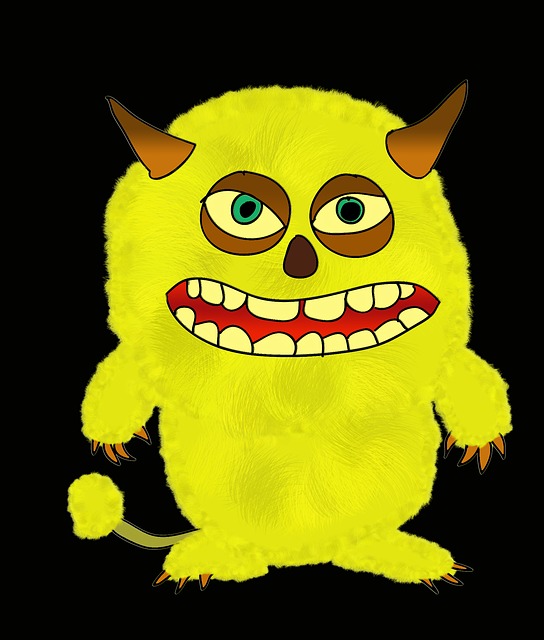Once a person/company receives a patent grant, no other individual can interfere in this exclusive right with a license from the Patentee.
Sec 2 (1) (m) of the Patent Act of India mentions a patent is a monopoly right conferred by Patent Office on an inventor to exploit his invention for limited years. This duration is 20 years.
Usually, it is expected that after a Patent Grant, an inventor would deploy his invention into commercial use or in the market or for some considerations. Still, there have been cases where the inventors use their patent monopoly rights to earn easy and quick money by filing infringement suits.
These suits are generally filed against the companies/individuals who are using a product remotely or vaguely similar to their patented products. Such a practice is known as Patent Trolling, and the inventors following this practice are known as Patent Trolls. It is observed that for patent trolls, the very aim of obtaining patent rights is to force third parties to purchase their Patent Licenses. Patent trolls do not use their patent rights for commercial deployment of their patents.
Patent Troll is a derogatory term and includes practices like Bad faith infringement threats and licensing demands. These trolls cost companies quite a lot of money, and most small companies choose to settle out of court due to lengthy and costly legal proceedings.
Patent trolls usually focus on large companies with high revenue, but sometimes they remain completely silent and wait for some other company to develop the same technology. Then the trolls sue them for infringement. For this precise reason, investors are more reluctant to invest in startups.
Small and medium companies always prefer out-of-court settlements over spending for lengthy legal proceedings. Therefore they act as easy prey for Predator trolls. Not only startups, but large companies also have to spend a considerable amount every year to deal with the nasty Patent Trolls.
Google, Blackberry, EarthLink, and Red Hat submitted that their litigation defense costs have gone up by 400% because the patent trolls are filing four times as many lawsuits today as compared to in 2015.
Indian Strategy to deal with nasty Patent Trolls
The menace of Patent Trolling is effectively curbed if not eliminated due to India’s legislation with regards to patents. Following are the provisions of the Indian statute that poses challenges to the operations of the patent trolls:
i) Patent (Amendment) Act, 2005, does not provide Patent protection to pure software inventions that are commonly trolled.
ii) Indian Patents Act has a provision for post-grant opposition, which means that even after the patent grant, a patent can be challenged on various grounds.
iii) The presence of the Intellectual Property Appellate Board (IPAB) facilitated speedy disposal of disputes and reduced costs of proceedings. This is particularly helpful for small and medium-sized companies who cannot spend on the litigation costs of lengthy legal proceedings.
iv) Presence of the provision of Compulsory Licensing, in which in case of non-working of a patent after three years, any person can apply for the grant of compulsory license.
v) According to Sec 83 of the Patents Act, In India, patents are not granted merely to grant a monopoly to the patentees without using them in the territory of India.
The legislative measures implemented by India as compared to USPTO and EPO are not favorable for the growth of patent trolls. However, it does not eliminate the threat. Therefore the scope of improvement cannot be denied. Patent trolling is especially harmful to budding startups and small-scale businesses seeking an opportunity to enter into the Indian market.




